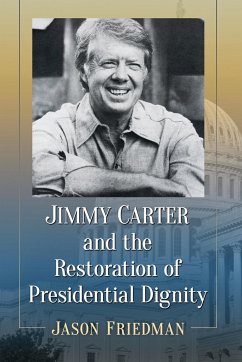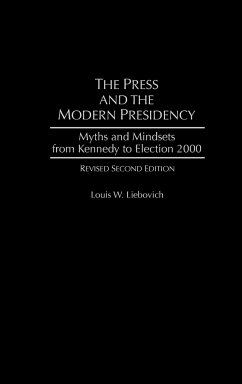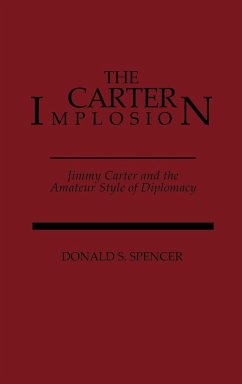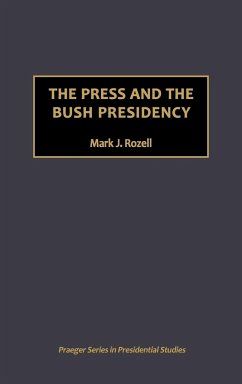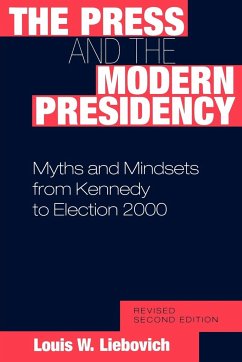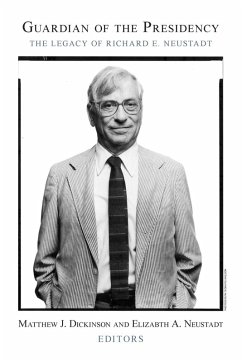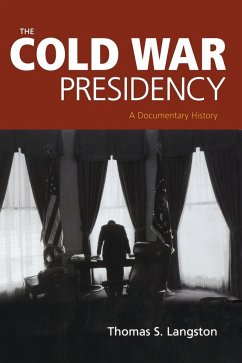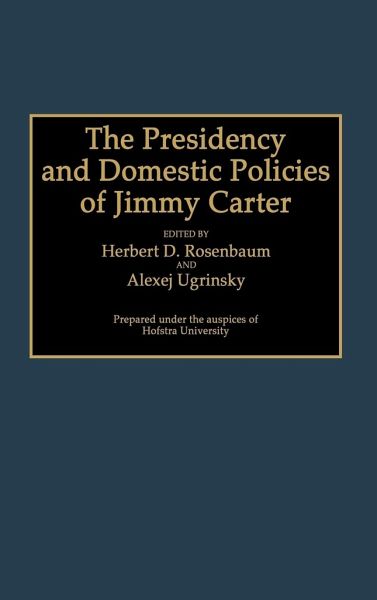
The Presidency and Domestic Policies of Jimmy Carter
Versandkostenfrei!
Versandfertig in 1-2 Wochen
91,99 €
inkl. MwSt.

PAYBACK Punkte
46 °P sammeln!
Jimmy Carter was an unexpected president. The first Southerner since the Civil War to gain the office, he had pursued the presidency at the grass roots as an outsider. A president who sought to run a government as good as the American people, Carter soon found himself embroiled in system overload as he worked for a domestic agenda to increase park lands, made the federal judiciary accessible to more women and minorities, to better manage the civil service, to devise a rational long-range policy of energy consumption and conservation, and to keep the deficit under control. Deadlock with Congres...
Jimmy Carter was an unexpected president. The first Southerner since the Civil War to gain the office, he had pursued the presidency at the grass roots as an outsider. A president who sought to run a government as good as the American people, Carter soon found himself embroiled in system overload as he worked for a domestic agenda to increase park lands, made the federal judiciary accessible to more women and minorities, to better manage the civil service, to devise a rational long-range policy of energy consumption and conservation, and to keep the deficit under control. Deadlock with Congress, special interests, and, ultimately, caught up in the Iran hostage crisis, the outsider president saw many of his programs defeated and himself voted out of office. With a stellar cast of political figures, headed by President and Mrs. Carter, and with leading scholars of the period, this volume is a major document for a better understanding of the period and the development of the presidency.






